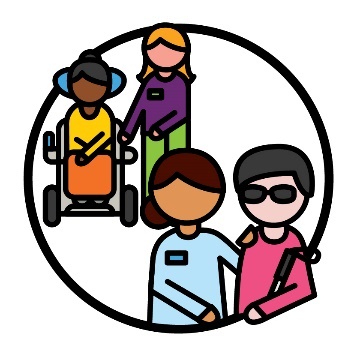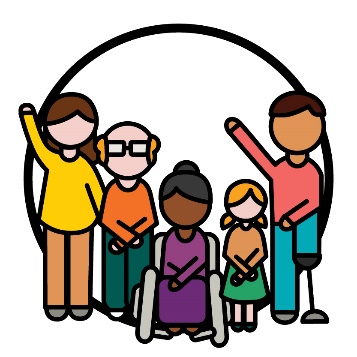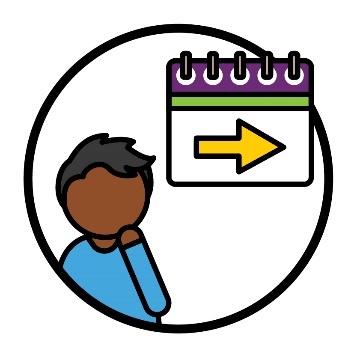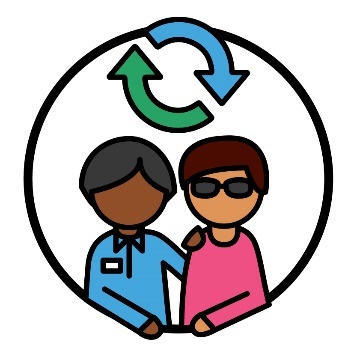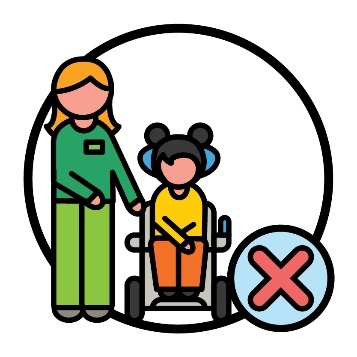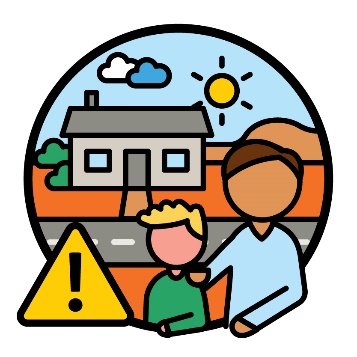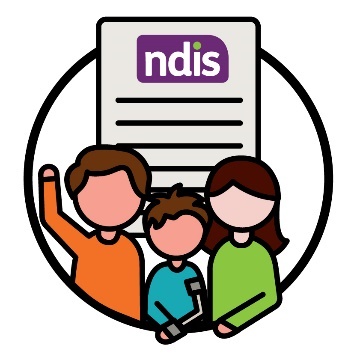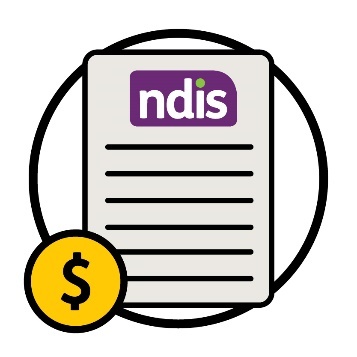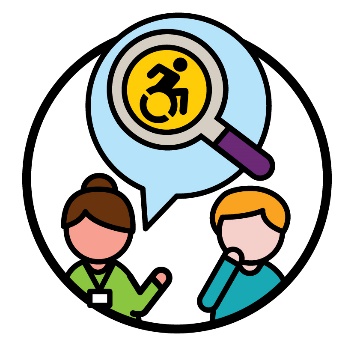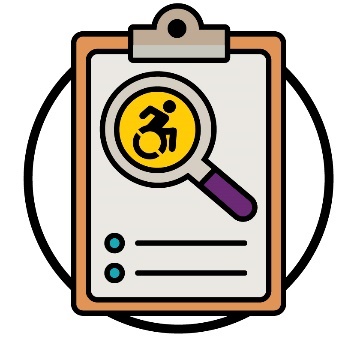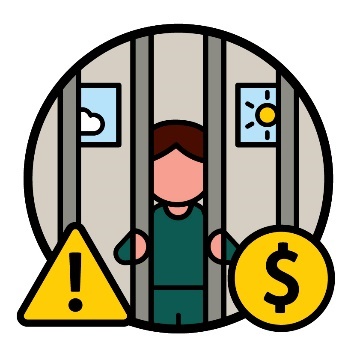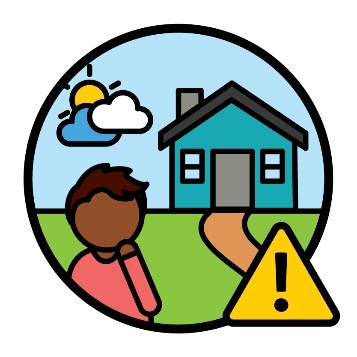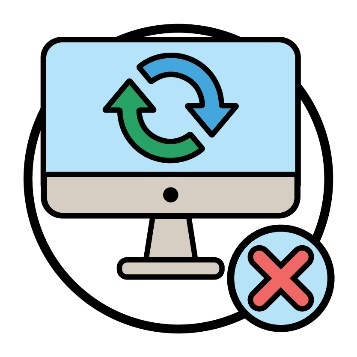Our reports
|
|
The Reference Group connected with the community to find out about issues that affect them. |
|
|
The Reference Group members shared these issues with the NDIA. |
What did the reports talk about?
NDIS laws
|
|
Reference Group members explained that some young people aren’t happy about the changes to the NDIS laws. |
|
|
Members also explained that there isn’t enough information about these changes that is:
|
Foundational supports
|
|
Reference Group members shared their thoughts about foundational supports. |
|
|
Foundational supports are disability supports for all people with disability. This includes people with disability who are not NDIS participants. |
|
|
Participants are people with disability who take part in the NDIS. |
|
|
Members explained that some people are worried about how foundational supports will work in the future. |
|
|
This is because there might be changes to the way the government manages these supports. |
|
|
Some people aren’t sure there will be enough foundational supports for children and young people. |
|
|
Members shared that it takes a long time for people who live far away from cities and towns to get some supports. For example, early childhood supports. |
|
|
Members explained that this affects families who want to take part in the NDIS. |
NDIS funding
|
|
Reference Group members shared that there are some issues with NDIS funding. |
|
|
Funding is money from your NDIS plan that pays for the supports you need. |
|
|
Your NDIS plan has information about:
|
|
|
Members explained that issues with NDIS funding include spending too much money for some plans. |
|
|
For example, some providers ask for more assessments than a participant needs. |
|
|
Assessments help the NDIA work out:
|
|
|
Members also shared that young people in prison find it hard to use their NDIS funding. |
Housing
|
|
Reference Group members shared some young people are worried about housing. |
|
|
This includes young people:
|
|
|
Some young people don’t feel like they have safe and secure housing. |
|
|
For example, some young people have to move out of their housing. They don’t have control of this when it happens. |
NDIA computer system
|
|
Reference Group members explained how the NDIA’s new computer system doesn’t let participants use their plans in different ways. |
|
|
Members shared that participants should be able to use their plans in different ways. |
|
|
For example, the NDIA is working with participants to slowly help them use less supports. But the new computer system stops them from changing their support needs. |
|
|
This means a participant can’t use their funding for something else if they don’t need the support anymore. |





